Sunday 19 October 2014
This Month’s Second Zatoichi:
Fight, Zatoichi, Fight!
(Kenji Misumi, 1964)
When Zatoichi surrenders his ride in a palanquin chair to a young mother struggling with her newborn baby, a tragic misunderstanding sees the poor woman falling victim to the blades of a pack of heartless, Ichi-hunting samurai. Feeling responsible for her death, Ichi takes on the responsibility of looking after her child, vowing to return him safely to his father in a distant village, hooking up with a troubled female thief (Hizuru Takachiho) en route for a journey that proves more cathartic than our hero might have anticipated
Returning to the Zatoichi franchise for the first time since he helped to create the character in 1962’s Tale of Zatoichi, director Kenji Misumi here continues to contemplate the same weighty themes that anchored that film, turning in perhaps the most accomplished, grown up and emotionally affecting Zatoichi film to date.
In contrast to its excitable English title, this is, it must be said, a very uncharacteristic Zatoichi film - one in which the fight scenes and sword-skill set-pieces (frequent and impressive though they are) are largely incidental, taking a clear second place to the more compelling human drama being enacted between Zatoichi, Takachiho, and the ill-starred baby they both find themselves looking after.
Whereas this potentially unpromising “three yakuza and a baby” plotline could easily have devolved into sappy, comic relief-ridden nonsense in the hands of a lesser director (or a lesser star), Misumi’s cast-iron understanding of human empathy and his eye for simple, effective visual storytelling steer us true throughout.
Cinematically speaking, there are moments of pure poetry to be found here – slow, meditative tableaus that serve to calm and contextualise the more turbulent passions of the characters, an approach very much in keeping with the unique atmosphere Misumi created in ‘Tale..’.
Also reminiscent of that earlier film is Misumi’s clear establishment of a ‘two tier’ system of human relationships within the film, which sees Ichi and the broadly admirable characters with whom he interacts existing on an entirely different plain from the beastly, avaricious yakuza and their associates, who are portrayed as not just irredeemable but practically sub-human in their unthinking cruelty. An absurdly simplistic duality of course, and one that fails to acknowledge the shades of grey necessary for any decent story of crime or conflict. But, this is a different kind of story, and as an evocation of the “uncaring world” in which lonely characters like Zatoichi tend to find themselves lost, it is a backdrop that works very well.
I don’t want to go overboard with the auteurist gushing here, but the two Misumi-directed Zatoichi films I’ve watched thus far strike me as presenting a very pure and honest form of cinema that immediately sets them apart from the era’s other chanbara films. Doing his best to avoid both exploitation movie box-ticking and the equally manipulative pretentions of art cinema, Misumi emerges instead with something that just seems, I dunno… basic, and good, like a nice loaf of bread. A film that rings true.
Though I have extensively sung the praises of Shintaro Katsu in prior Zatoichi reviews, you’d better get used to it I’m afraid, because in every film I see him in (whether Zatoichi or his other appearances), he impresses me even more, adding new notches and nuances to his characters at every turn, without ever succumbing to contrivance or showiness. In particular, the more personal nature of the story this time around gives him a bit of a challenge to get stuck into, and, never an actor content to merely coast by on his pre-existing star power, he gives it his absolute all.
The strange, stumbling care Ichi takes with the baby, and his growing love for the child, is brilliantly portrayed by Katsu, without a hint of the mawkishness that usually accompanies such material, as the gentle (but, you will note, also actually funny) humour generated by his attempts to look after the baby (stealing clothes from scarecrows to act as diapers, etc) gradually develop into a deep and genuine warmth as we see realize the extent to which Ichi cares for his surrogate son. (Rather than being bluntly hammered home to us as per a modern Hollywood-style flick, this point is succinctly made via scenes such as the one in which Ichi hires a prostitute to take care of the baby for the night whilst he catches up on sleep next to her, but then frets so much about his ‘son’s wellbeing that he ends up staying awake whilst the lady-of-the-night dozes.)
As a consequence, the gloom that overtakes Zatoichi and his female companion when they finally reach the child’s father’s village and realise they must soon give up ‘their’ son and return to their respective lives of itinerant loneliness is palpable, and the scene in which Ichi says his private farewells to the baby prior to setting out to return him to his family is absolutely heartbreaking.
Of course, being a Zatoichi film, things don't work out quite that simply, especially after the baby’s father is revealed to be another yakuza scumbag. But still, the old weight of Ichi’s lonely destiny raises its head once more, as the impossibility of his raising a child as a blind fugitive constantly pursued by rampaging swordsmen eventually becomes clear to him, and he must do the decent thing, just as he had to accept the impossibility of his settling down to married life with gentle Otane in ‘Tale..’.
When Ichi eventually leaves the child in the care of the local priest, and makes his weary exit into the sunset, carrying the baby’s favourite plaything for a memento as he walks away, I think it’s safe to assume there wasn’t a dry eye in the house at this film’s original screenings (there certainly wasn’t in our house, I can tell you that). Transcending the usual clichés of genre melodrama and appealing to something deeper within all of us, it is just crushingly sad moment.
A real change of pace for the Zatoichi saga, and, I suppose you might say, an unexpected gem of low-key human drama hidden within the shell of a bodycount-heavy action flick, ‘Fight, Zatoichi, Fight’ (the interchangeable English title seeming more inappropriate than ever in this instance) is simply a great movie about people and the way they feel about stuff whilst living in the world, with no caveats or genre-specific schematics needed.
My admiration for Misumi, for Katsu, and for this wonderful series in general grows even stronger as we prepare – presumably – to step back onto the action/adventure treadmill when Zatoichi On The Road director Kimiyoshi Yasuda takes the reins for the final Zatoichi film of 1964, ‘Adventures of Zatoichi’, which hit screens in Daiei’s Tokyo cinemas on 30th December that year.
Labels:
1960s,
Daiei,
film,
Japan,
Kenji Misumi,
movie reviews,
samurai,
Shintaro Katsu,
yakuza,
Zatoichi
Subscribe to:
Post Comments (Atom)





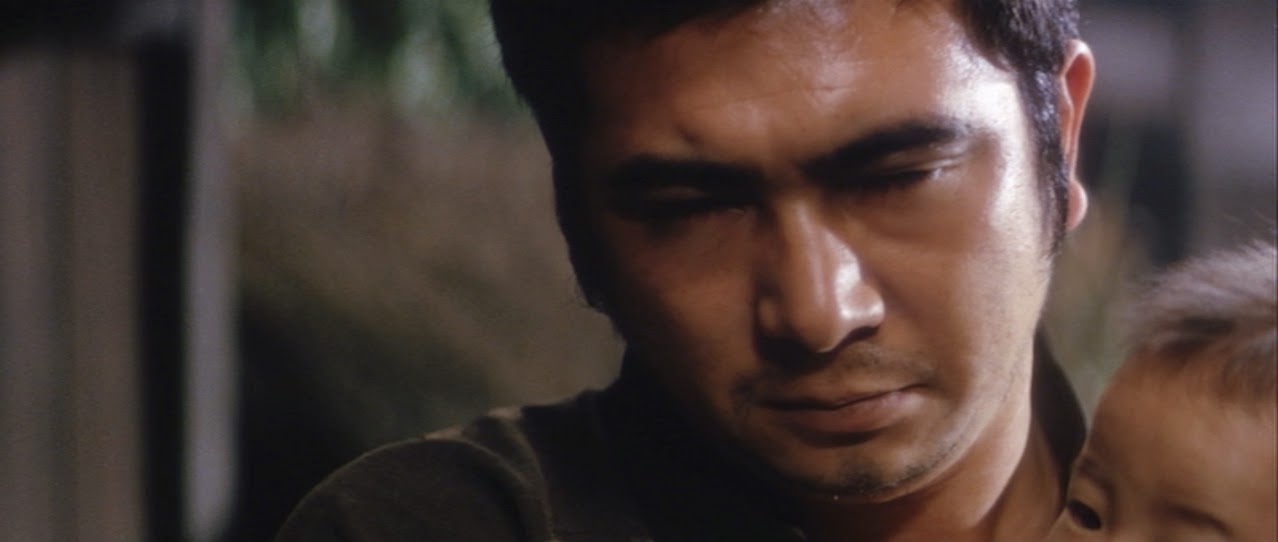



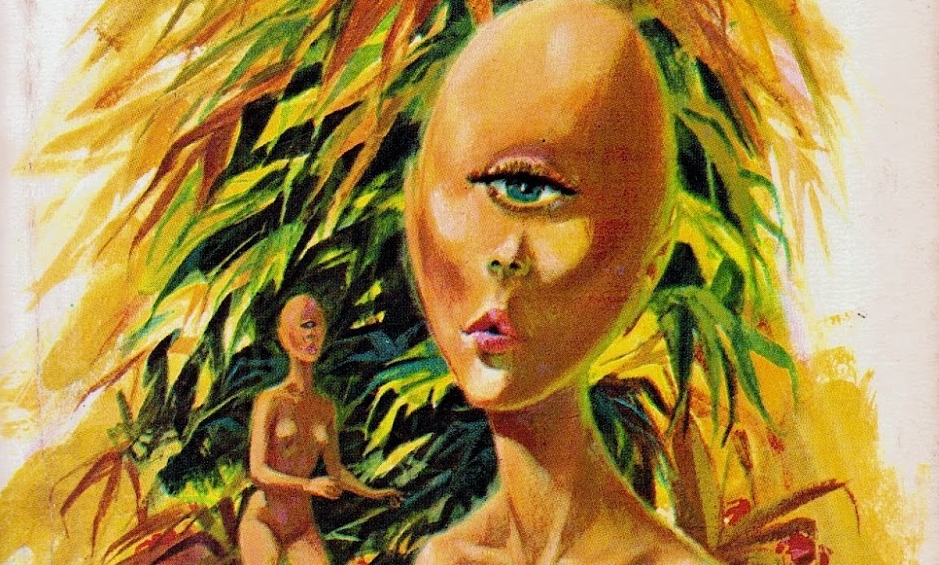
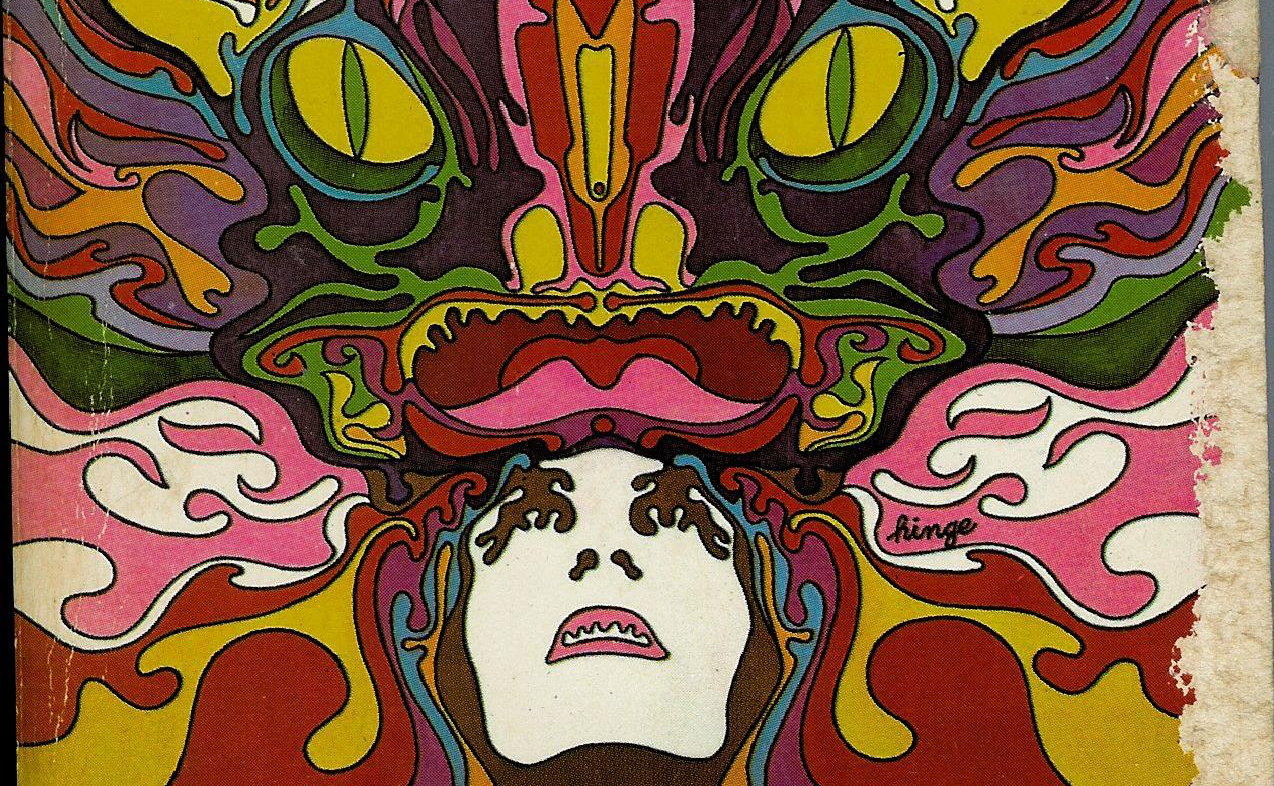

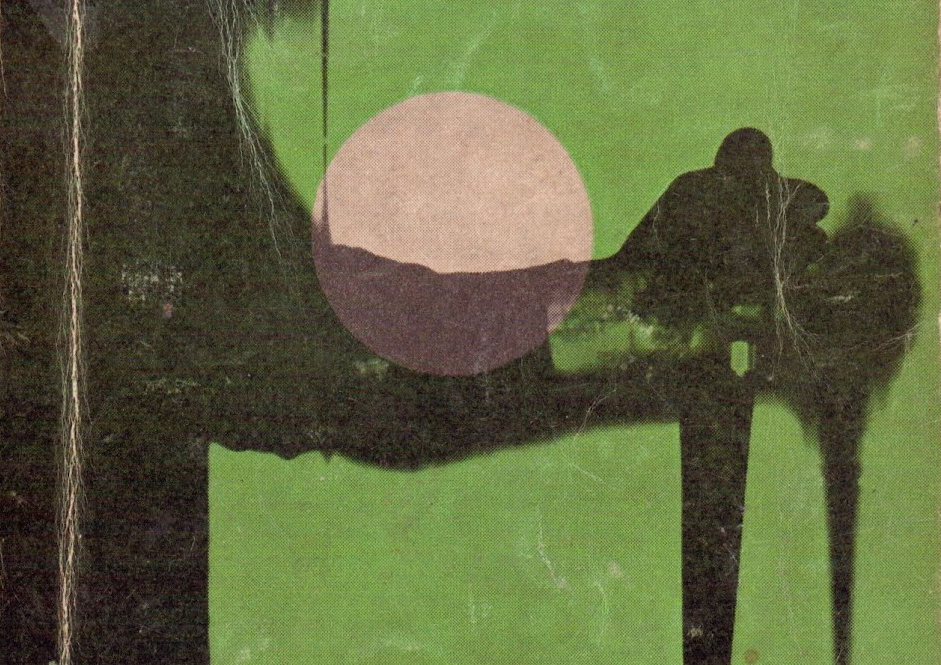
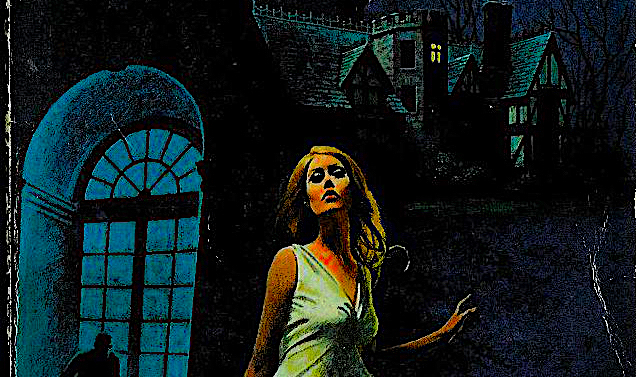
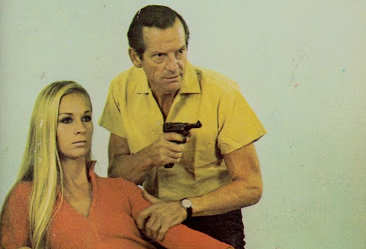
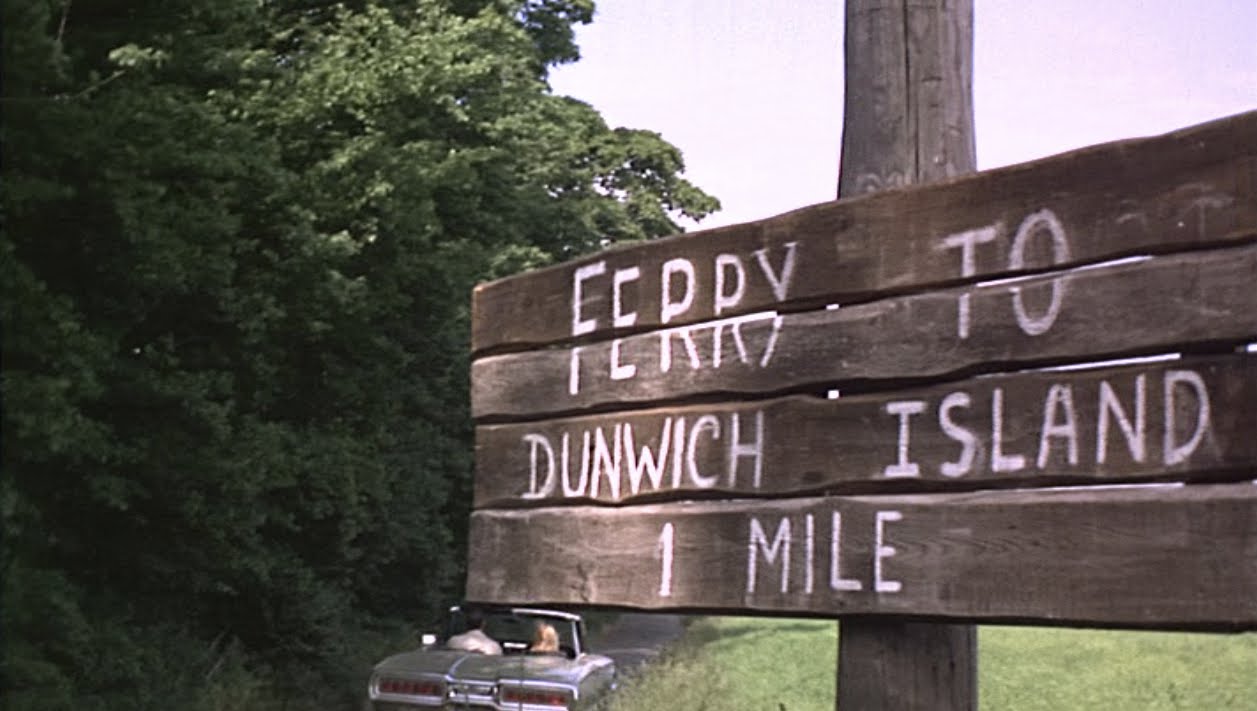
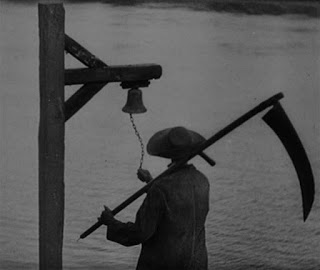
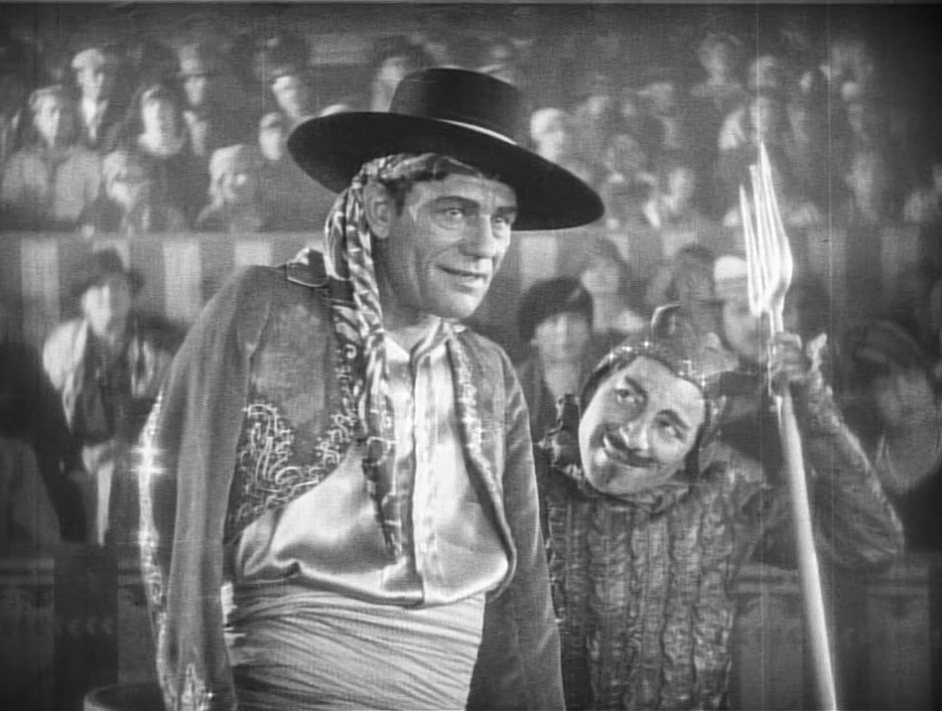
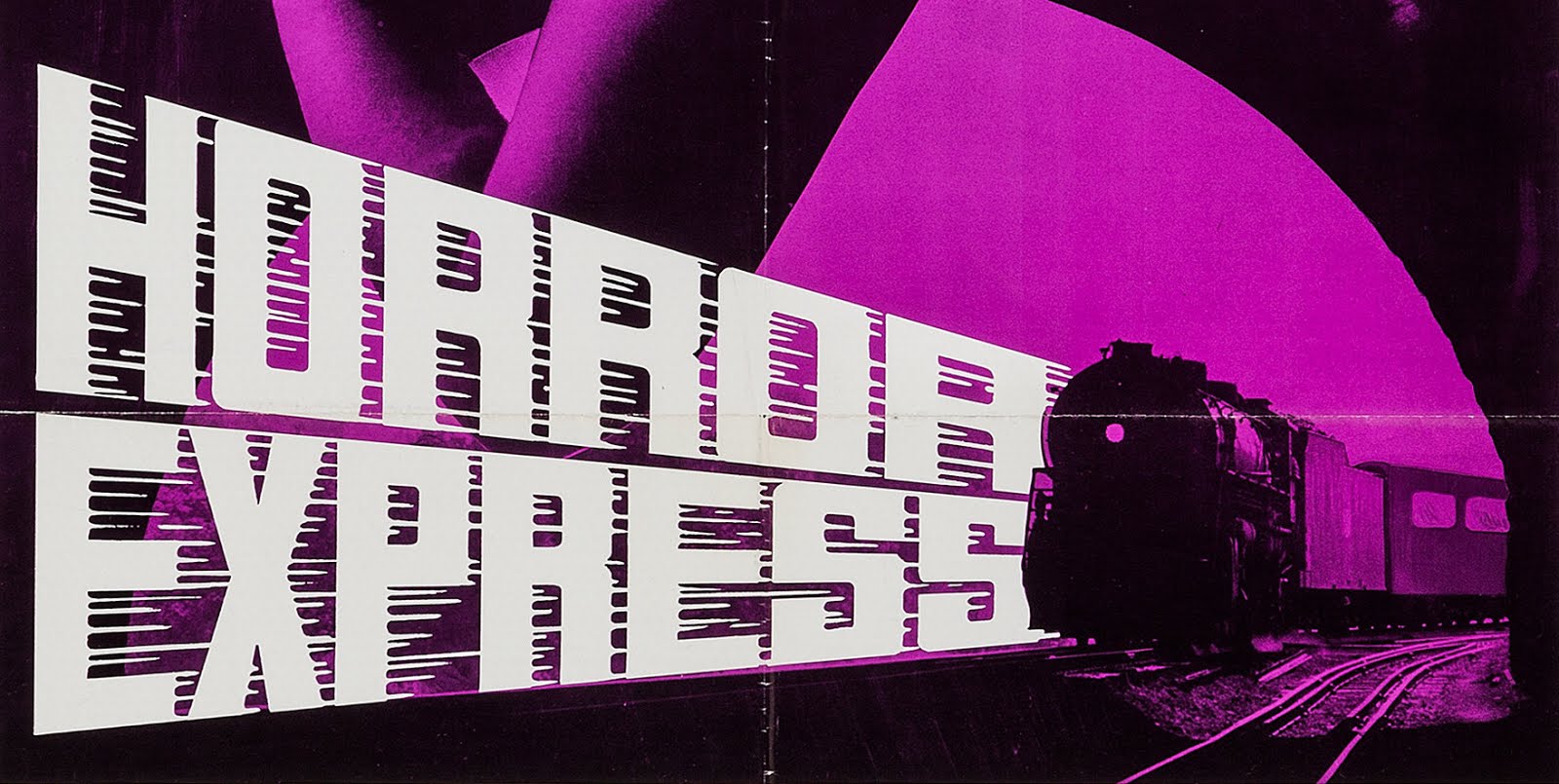
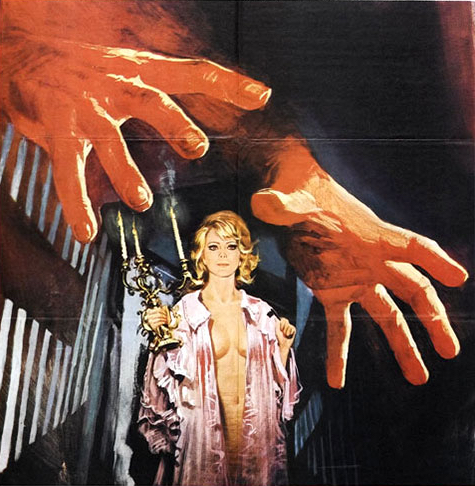

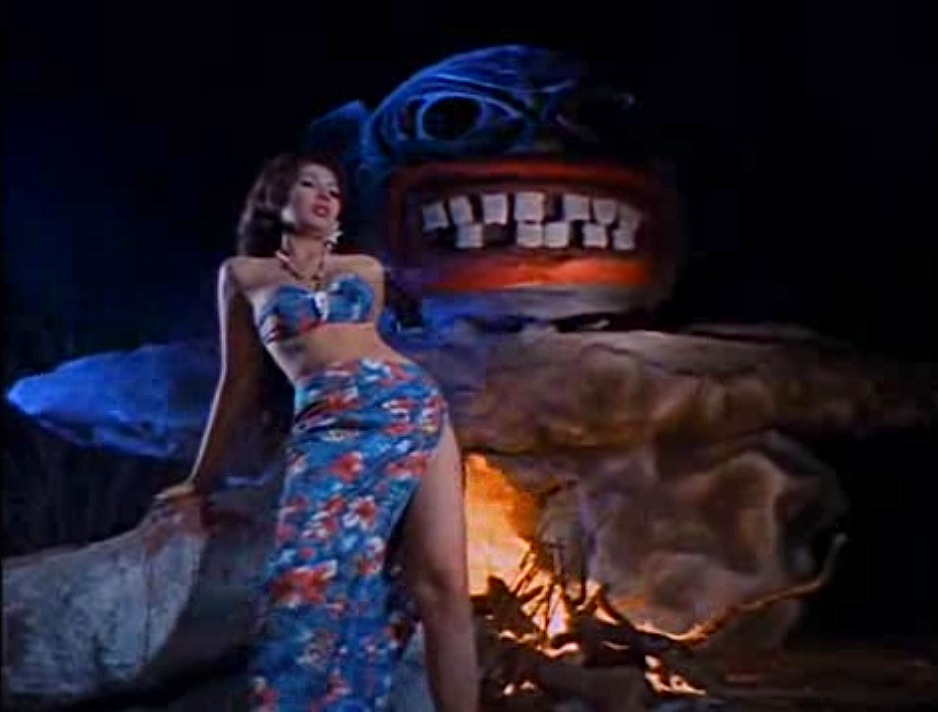




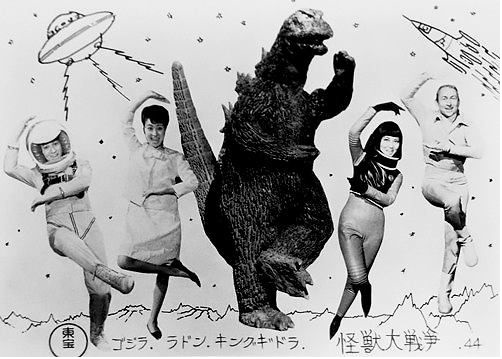


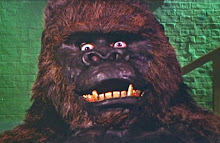
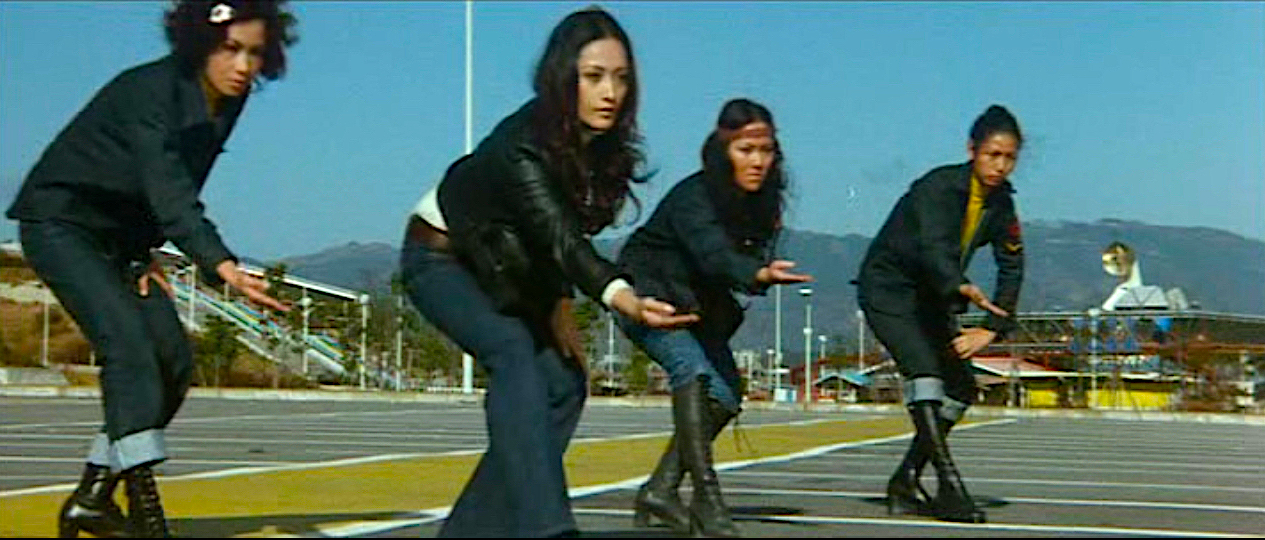


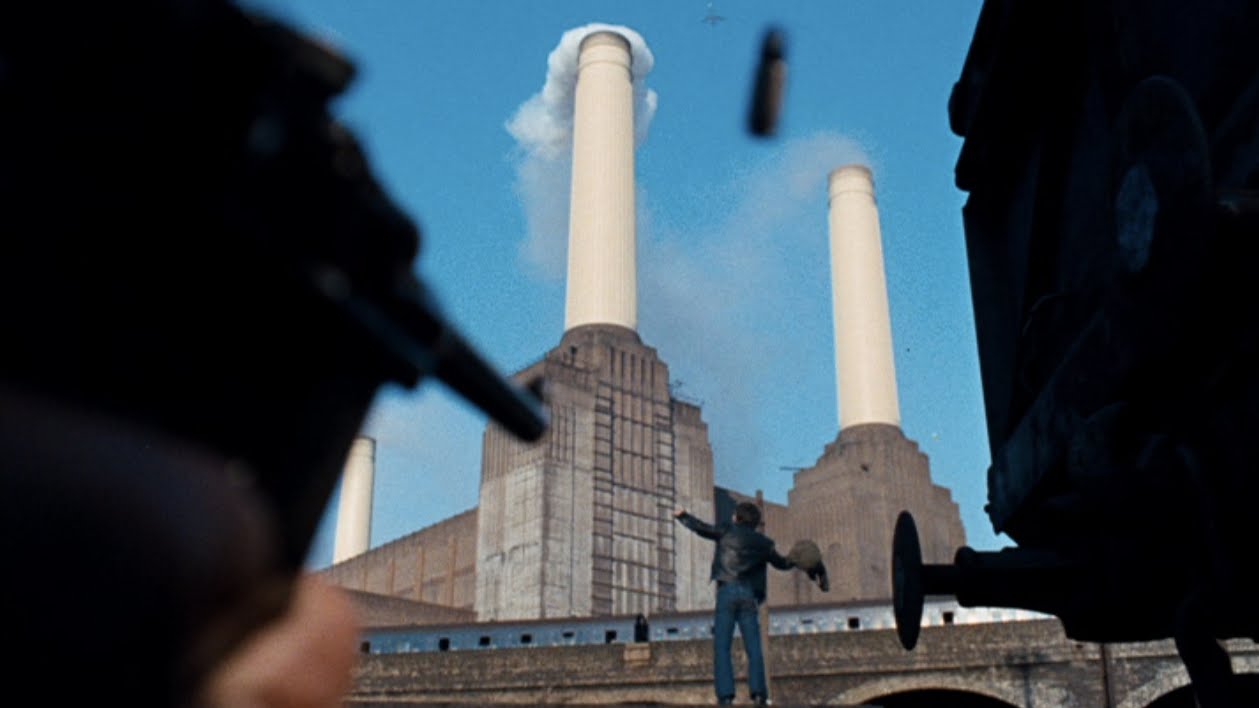
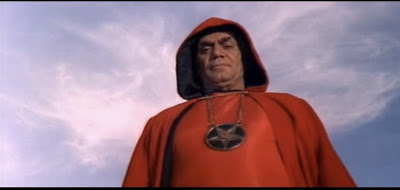








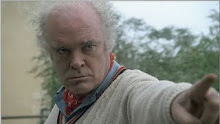
No comments:
Post a Comment